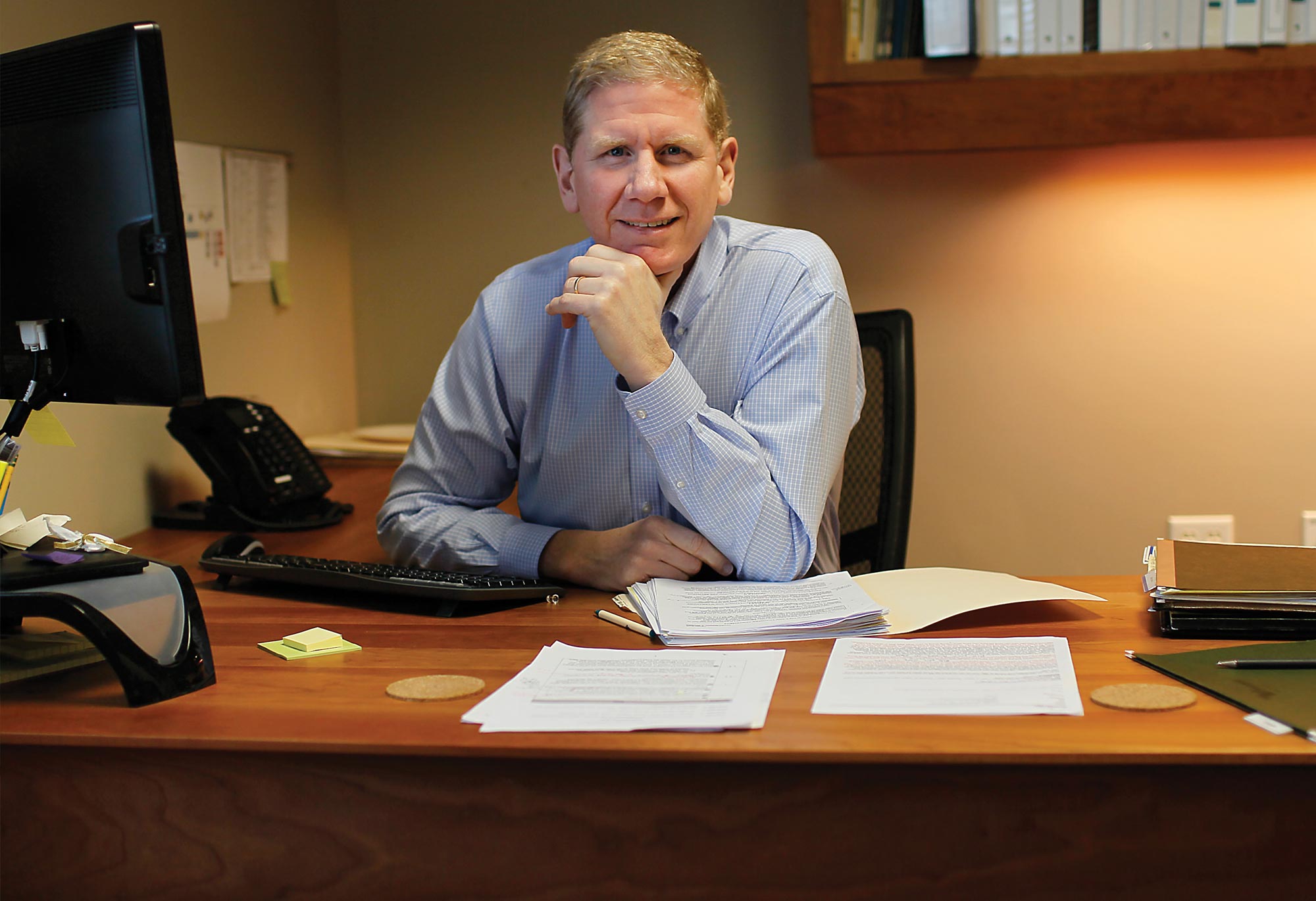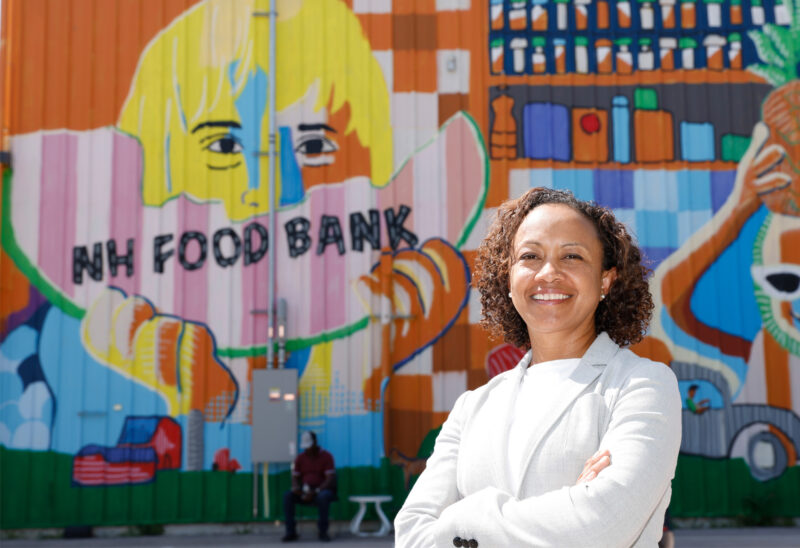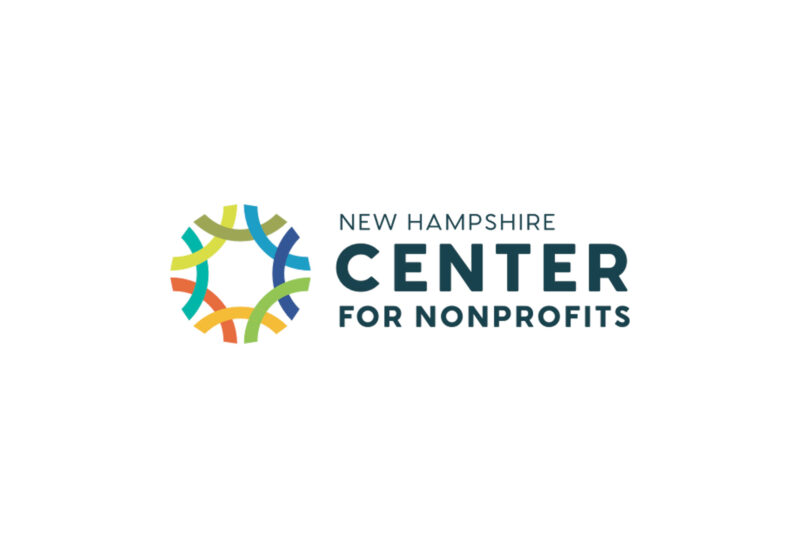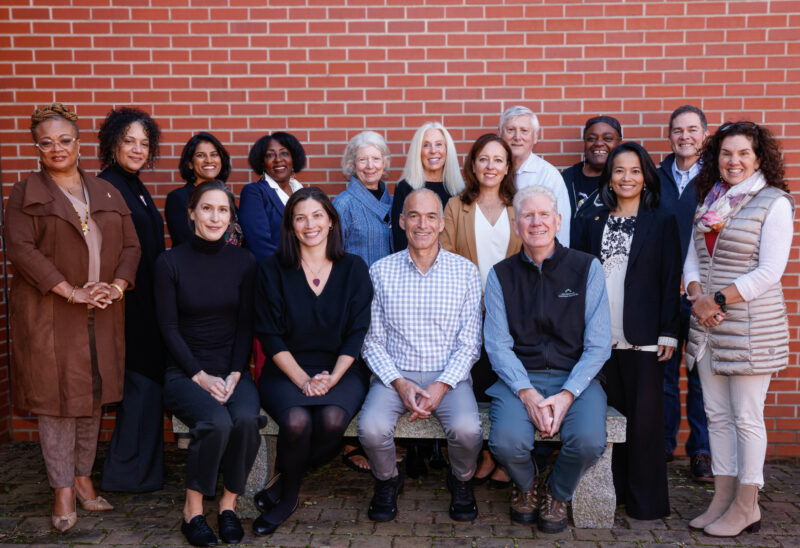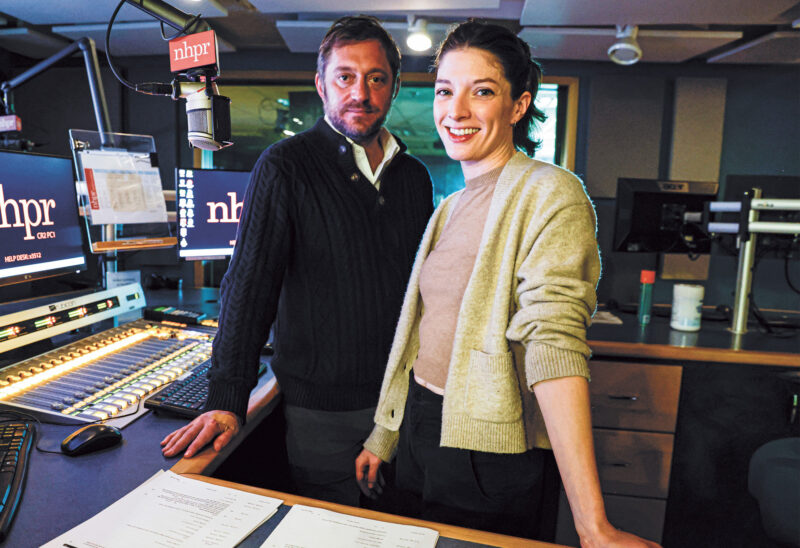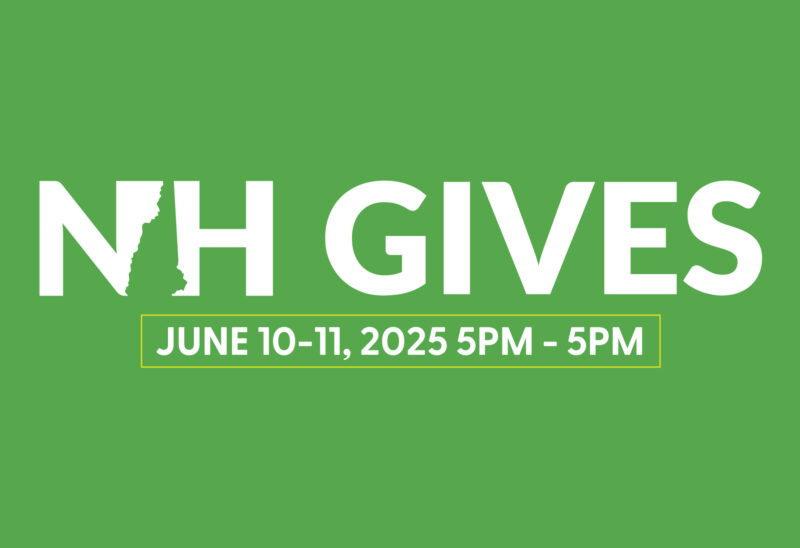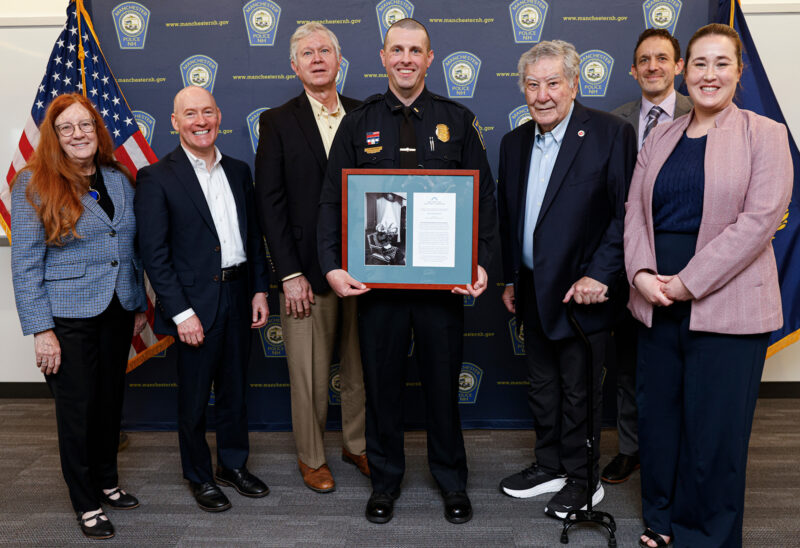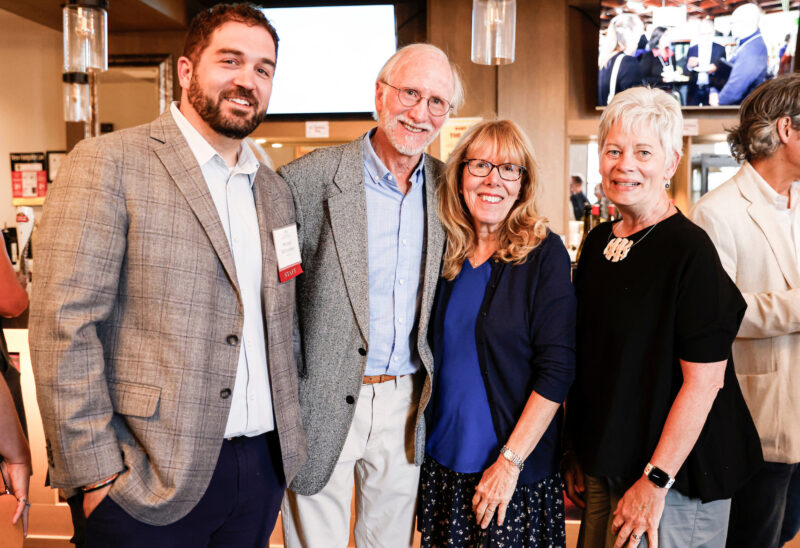The other day, a friend pulled down a stack of old newspapers to light a fire. The headlines from early in 2020 seemed to come from another century: “Candidates talk climate with youth,” with an accompanying photo of people crowded shoulder-to-shoulder in Concord, listening to a maskless Andrew Yang deliver a speech. “Explore winter while it lasts.” And then, ominously: “Cruise ship in quarantine.”
Little did we know.
When the realities of the COVID-19 pandemic and accompanying economic fallout hit our communities, not a single person was unaffected. But some of us were much worse off than others. Someone wise said: “We are all in the same storm, but we are not all in the same boat.”
People who were already struggling have been hit hardest: unable to stock up on food and supplies for more than a few days at time, unable to work from home or out of work completely, perhaps afraid to seek medical attention because they knew they
could not afford to pay.
And COVID has hit communities of color disproportionately: As of mid-November, Black people account for almost 4 percent of the state’s COVID-19 cases yet only represent 1.4 percent of the state’s population; Latinx people account for almost 12 percent of COVID-19 cases in New Hampshire but comprise 3.9 percent of the state’s population. That such a health measure can be predicted by race is a tragic (and tragically unsurprising) example of structural inequity and systemic racism. The state and organizations like ours have much learning and work to do about that.
“When the realities of the COVID-19 pandemic and accompanying economic fallout hit our communities, not a single person was unaffected. But some of us were much worse off than others.”— Richard Ober, New Hampshire Charitable Foundation PresidentTweet This
In the face of this unprecedented need, New Hampshire’s nonprofit sector has responded with unprecedented adaptiveness and tenacity; New Hampshire people have responded with incredible generosity and with tireless leadership and effort to combat this emergency.
As I write this, cases are rising again at an alarming rate — though a vaccine, and hope, are on the horizon.
Our communities have been tested, and we mourn lives lost.
But we know that our communities will rebuild. And, when they do, New Hampshire’s nonprofits and the generosity that fuels them will be at the very heart of that rebuilding.
Until we get there, we all need to heed the advice of public health experts like Bobbie Bagley of the Nashua Department of Public Health:
“We’re not out of this pandemic yet. We still have to hunker down, we still have to be vigilant. Wear your mask, wash your hands, practice social distancing and stay home if you are sick.”
If we do that, together, we can look forward to the headlines that tell us, finally, that this pandemic is behind us.

